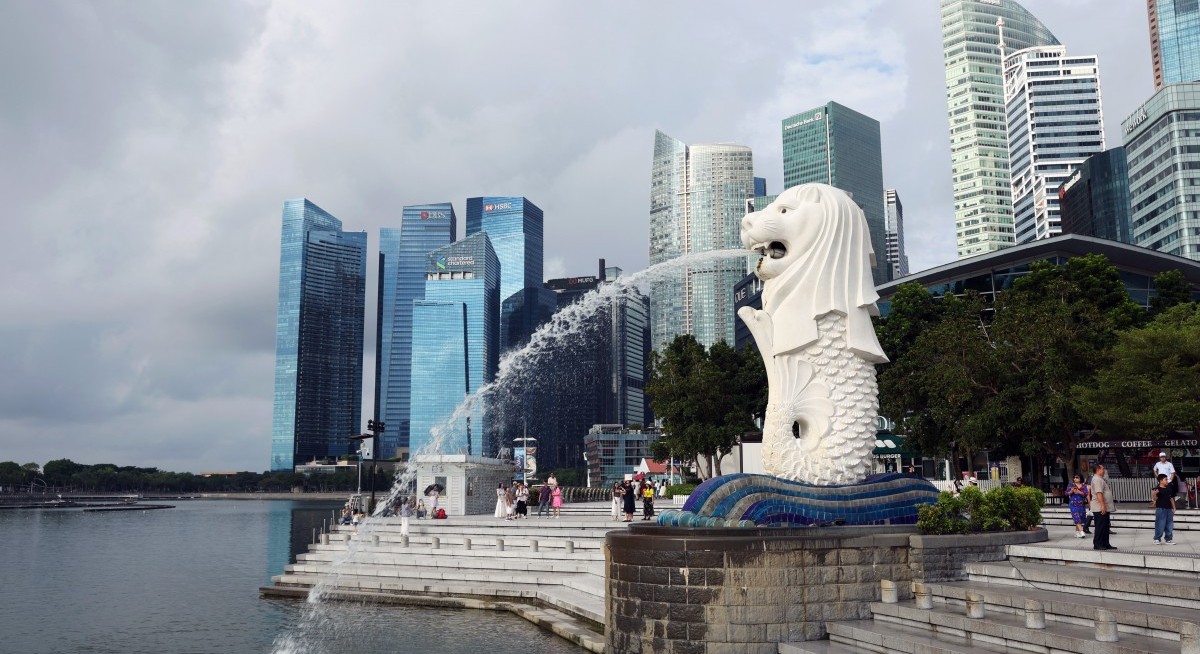Makdad says he is eyeing United Overseas Bank’s (UOB) NIM for any signs of contraction, along with a decline in the Singapore Overnight Rate Average (Sora).
UOB has relatively larger exposure to some Asean countries than peers DBS Group Holdings and OCBC, says Makdad in an Aug 5 note. “I’ll be watching to see if economic slowdown in places like Thailand affects overall results.”
Conversely, UOB does not have as large of an exposure to the Hong Kong market as its peers. Hence, Makdad is “not too concerned” about Hong Kong commercial real estate (CRE) problems hitting its credit costs as they did for Hong Kong banks like HSBC and its subsidiary Hang Seng Bank.
At an Aug 1 results briefing, outgoing OCBC group CEO Helen Wong acknowledged that the Hong Kong CRE remains a sector that the team is “closely monitoring”.
See also: OCBC sees a more challenging 2HFY2025; analysts maintain ‘hold’ calls
OCBC deputy CEO and CEO-designate Tan Teck Long said OCBC’s overall Hong Kong CRE exposure has come down as management has been downgrading its cases and increasing its expected credit loss (ECL) levels to two and three.
Likewise, Makdad says the “main thing” to look out for at DBS is elevated credit costs from Hong Kong CRE. “OCBC did not, and DBS Hong Kong has generated quite high returns without hitting such problems to date, but I think it’s one thing to check for this time.”
Another question will be how much DBS’s net interest income is affected by lower Sora, says Makdad.
See also: OCBC 1HFY2025 net profit falls 6% y-o-y to $3.7 bil
“OCBC has seen a substantial fall in net interest margins from what was a higher-than-peers level, and we’ll want to see how much more resilient DBS will be,” he adds.
Still, Makdad says he is “expecting good earnings again from DBS”, with “neither a flare-up in credit costs nor a huge decline in NIM”.
Over the past week, shares in DBS have fallen some 0.76% to $48.19; while shares in OCBC have declined 0.7% to $16.98; and shares in UOB have slipped 0.93% to $36.40.




